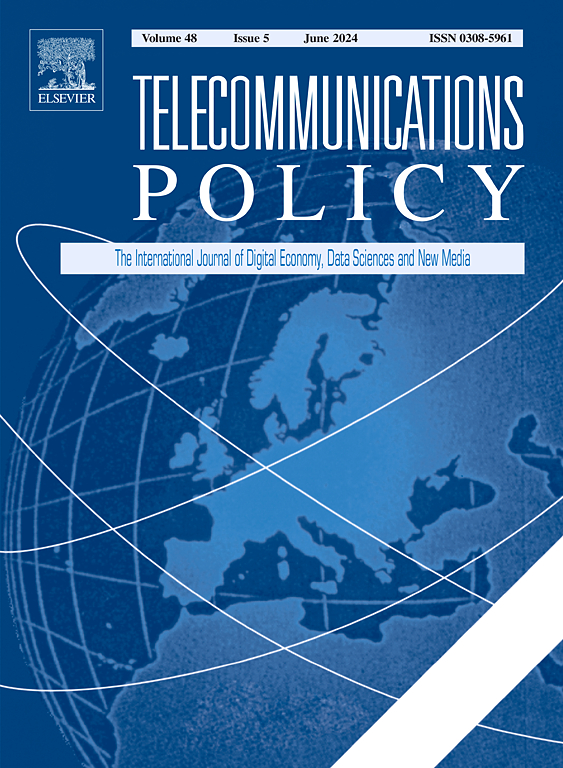生成式人工智能的隐私和个人数据风险治理:中国视角
IF 6.4
2区 管理学
Q1 COMMUNICATION
引用次数: 0
摘要
生成式人工智能(AI)的快速发展吸引了全球的关注,也对现有的数据治理框架提出了挑战。技术复杂性的增加和数据使用规模的扩大不仅增加了人工智能监管的难度,也对现行法律体系提出了挑战。本文以 ChatGPT 的训练数据和工作原则为出发点,探讨了生成式人工智能带来的具体隐私风险、数据泄露风险和个人数据风险。文章还分析了中国在隐私和个人数据保护方面的最新实践。本文认为,中国在隐私与个人数据保护治理方面采取宏观与微观相结合、私法与公法相结合的方式,但法律体系存在缺陷。鉴于目前以个人控制为核心的个人数据保护体系不适合生成式人工智能的数据处理模式,私法在保障数据隐私方面也存在不足,实现 "可信赖的人工智能 "目标亟需制度创新。本文章由计算机程序翻译,如有差异,请以英文原文为准。
Privacy and personal data risk governance for generative artificial intelligence: A Chinese perspective
The rapid development of generative artificial intelligence (AI) has attracted global attention and posed challenges to existing data governance frameworks. The increased technical complexity and expanded scale of data usage not only make it more difficult to regulate AI but also present challenges for the current legal system. This article, which takes ChatGPT's training data and working principles as a starting point, examines specific privacy risks, data leakage risks, and personal data risks posed by generative AI. It also analyzes the latest practices in privacy and personal data protection in China. This article finds that while China's governance on privacy and personal data protection takes a macro-micro integration approach and a private-and-public law integration approach, there are shortcomings in the legal system. Given that the current personal data protection system centered on individual control is unsuitable for the modes of data processing by generative AI, and that private law is insufficient in safeguarding data privacy, urgent institutional innovation is needed to achieve the objective of “trustworthy AI.”
求助全文
通过发布文献求助,成功后即可免费获取论文全文。
去求助
来源期刊

Telecommunications Policy
工程技术-电信学
CiteScore
10.80
自引率
12.50%
发文量
122
审稿时长
38 days
期刊介绍:
Telecommunications Policy is concerned with the impact of digitalization in the economy and society. The journal is multidisciplinary, encompassing conceptual, theoretical and empirical studies, quantitative as well as qualitative. The scope includes policy, regulation, and governance; big data, artificial intelligence and data science; new and traditional sectors encompassing new media and the platform economy; management, entrepreneurship, innovation and use. Contributions may explore these topics at national, regional and international levels, including issues confronting both developed and developing countries. The papers accepted by the journal meet high standards of analytical rigor and policy relevance.
 求助内容:
求助内容: 应助结果提醒方式:
应助结果提醒方式:


